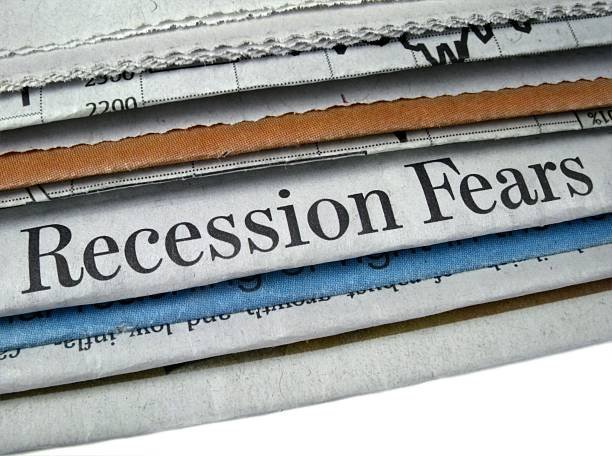
"Recession is an opportunity to get rid of the dead wood." - Simon Cowell
Introduction:
Recessions are a normal part of the business cycle, but they can have a significant impact on people’s lives and the economy as a whole. In 2023, the global economy is expected to recover from the COVID-19 pandemic, but recessions are not predictable.
In this article, we will take a closer look at what causes recessions, their effects on the economy and employment, and steps that individuals and businesses can take to mitigate their impact.
What causes recessions?
Recessions are caused by a variety of factors, including monetary policy, oil prices, and financial crises. Monetary policy refers to the actions of central banks, such as the Federal Reserve, to control the money supply and interest rates.
When interest rates are high, it becomes more expensive for businesses to borrow money and invest in expansion, which can lead to a slowdown in economic growth.
Oil prices also play a role in causing recessions. When oil prices are high, it increases the cost of production for many businesses and can lead to inflation. This can cause consumers to cut back on spending, which can lead to a decrease in economic growth.
Financial crises can also cause recessions. A financial crisis occurs when there is a sudden loss of confidence in the financial system.
This can happen as a result of a bank failure, a stock market crash, or a real estate bubble. When a financial crisis occurs, it can lead to a decrease in lending, which can make it more difficult for businesses to borrow money and invest in expansion.
Effects of recessions on the economy and employment:
During a recession, GDP falls, unemployment rates increase, and job openings decrease. According to data from the Bureau of Labor Statistics, the unemployment rate reached a peak of 10% during the Great Recession of 2008–2009.
This is significantly higher than the pre-recession unemployment rate of 4.4%. In addition to higher unemployment rates, job openings also tend to decrease during a recession. According to data from the Bureau of Labor Statistics, job openings fell by over 50% during the Great Recession.
Recessions can also lead to a decrease in consumer spending. When consumers are not buying as much, companies see a decrease in revenue, which can lead to financial strain. In order to cut costs and remain financially stable, companies may choose to lay off workers.
Mitigating the impact of recessions:
In order to mitigate the impact of a recession, governments and central banks often implement economic stimulus measures, such as cutting interest rates and increasing government spending. This can help to boost consumer spending and promote economic growth.
Individuals and businesses can also take steps to mitigate the impact of a recession. For individuals, it is important to stay informed of the company’s financial situation and any potential layoffs that may be planned. Networking, improving skills, keeping your resume updated and looking for new job opportunities can increase your chances of finding a new job before you are laid off.
For businesses, it’s important to be aware of the potential effects of a recession and plan accordingly. This can include cutting costs, diversifying revenue streams, and building up cash reserves.
Get ready to recession-proof your life and career with our informative guide on understanding and surviving the 2023 economic downturn. From identifying causes to nailing job security, this article is your one-stop shop for all things recession-related. Think of it as a financial first-aid kit for the financially faint-hearted
“Recessions are like black holes in space. They suck all the good jobs in, and they’re hard to get out of” — Ron Paul